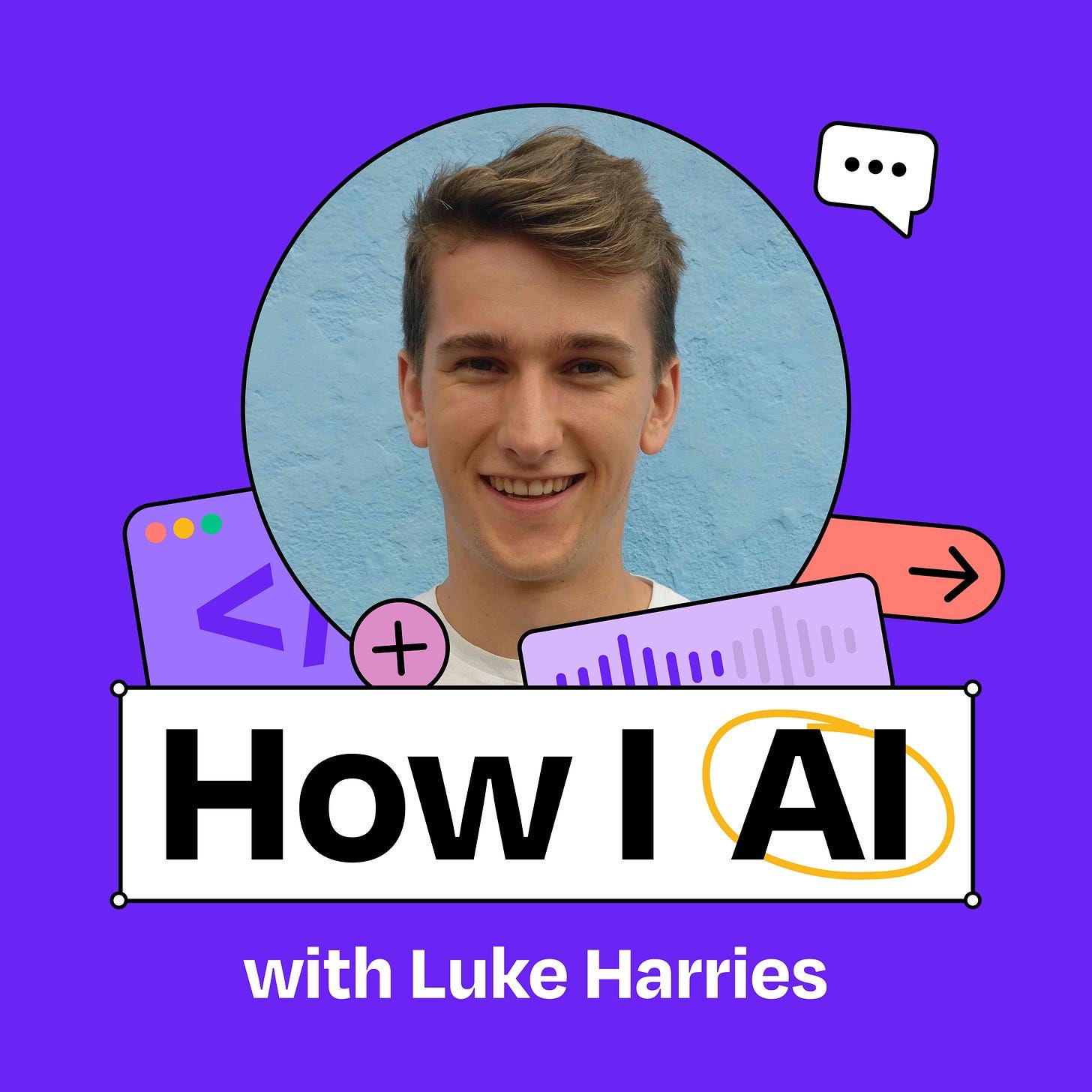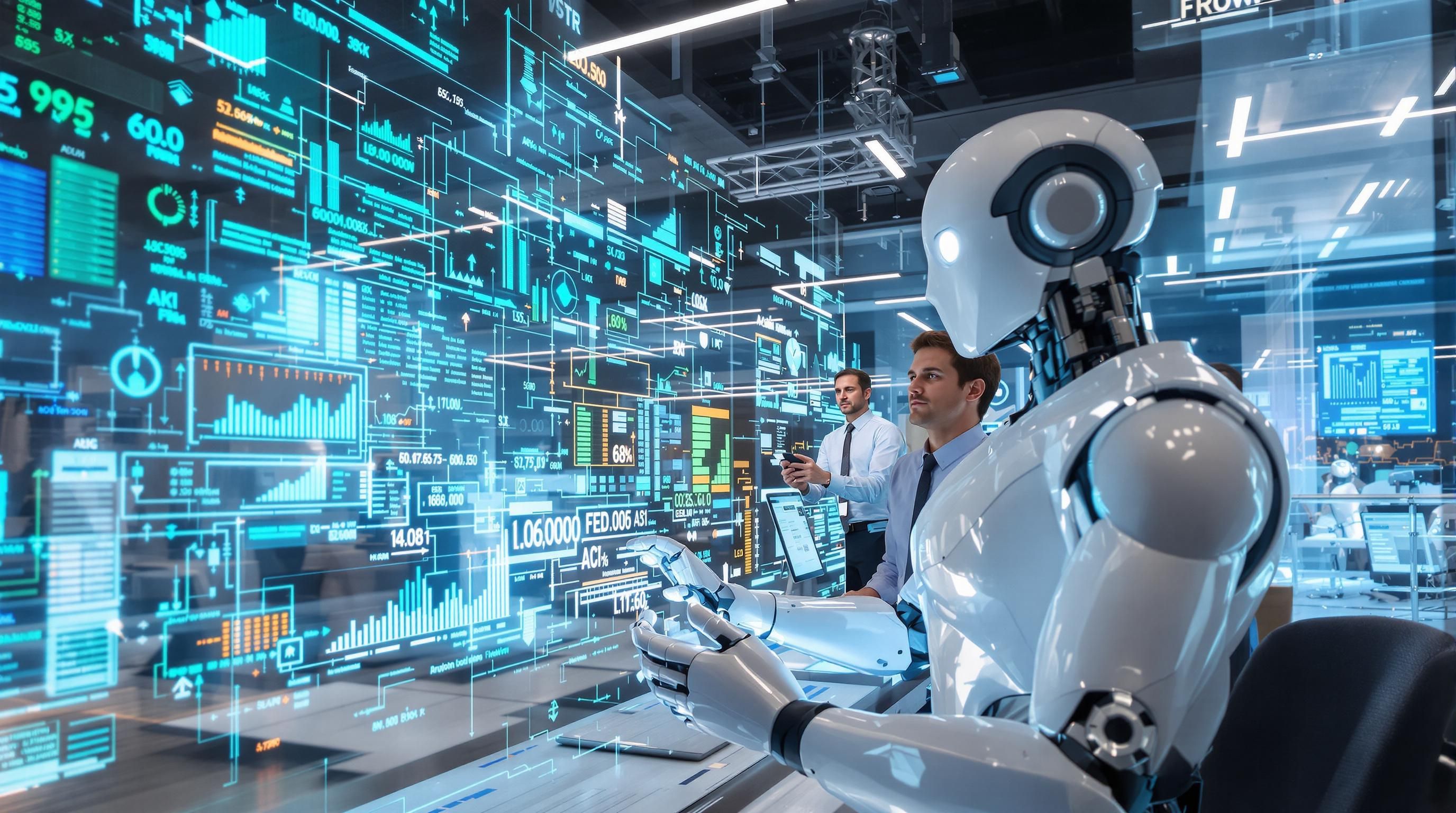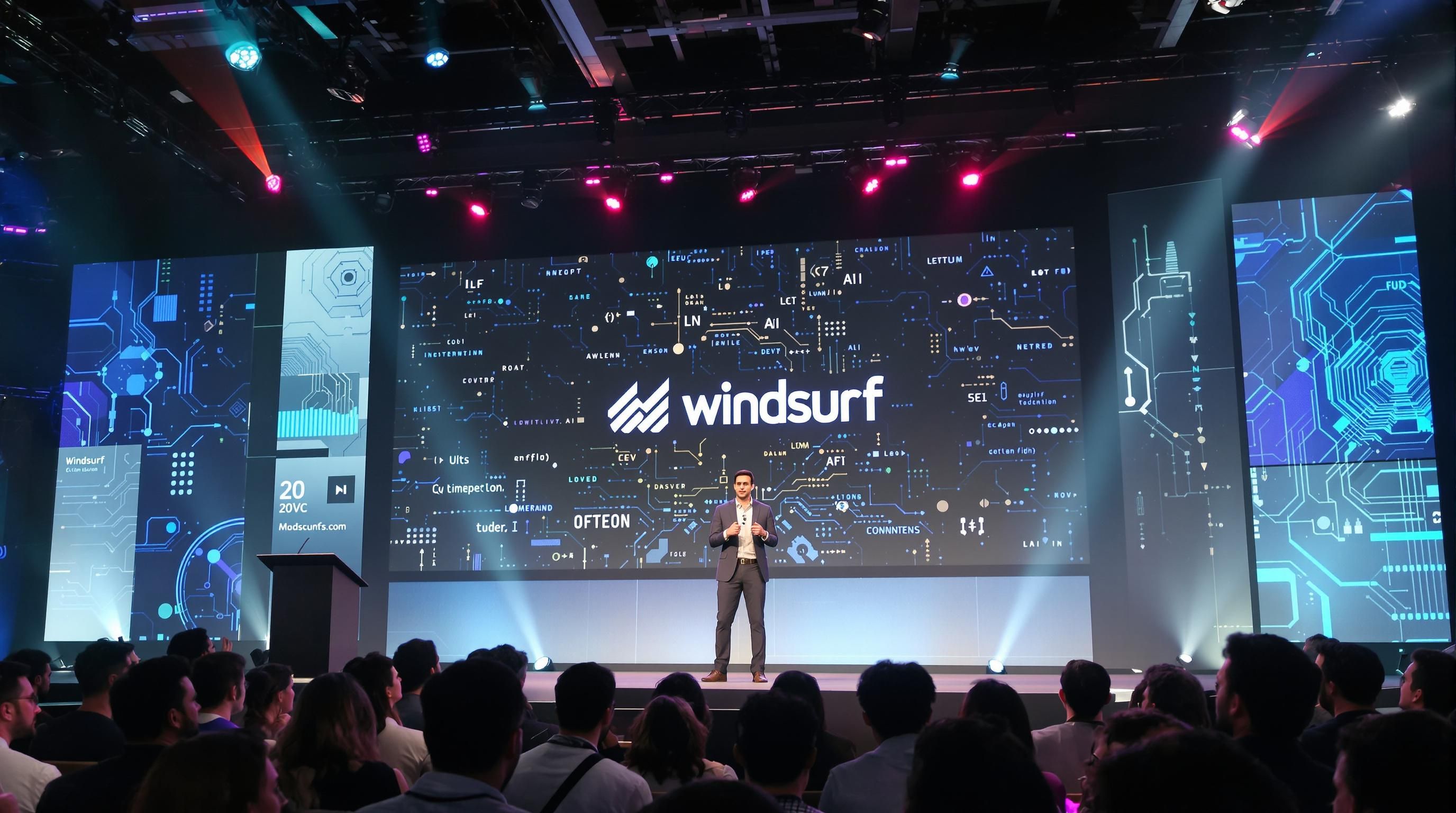20250603 – AI Innovations Redefining Technology and Economics

Explore the frontier of AI as Google pioneers memory architectures with ATLAS, enhancing AI’s contextual learning and efficiency. Meanwhile, ElevenLabs showcases cost-saving AI integration, highlighting a strategic blend of custom GPTs and prompt engineering. Join industry leaders like Marc Andreessen and Varun Mohan as they discuss AI’s transformative potential on tech and economics, and the shift from traditional models to innovative AI-driven landscapes.
1. FOD#103: The Paper You Missed, and maybe the one we’ll be quoting a year from now
Google’s new memory architecture, ATLAS, aims to improve how AI models learn from recent experiences by treating memory as an active, optimizable component during inference. The architecture introduces the Omega rule, which optimizes memory by considering a window of recent tokens, allowing models to better memorize context rather than isolated facts. ATLAS also enhances memory capacity and updates through advanced techniques, potentially leading to more efficient and effective AI systems that can handle vast amounts of information.
Read more: https://feedyour.email/posts/mq7sio5hbxva35g569fv2zhl

2. The exact AI playbook (using MCPs, custom GPTs, Granola) that saved ElevenLabs $100k+ and helps them ship daily | Luke Harries (Head of Growth)
Luke Harries, Head of Growth at ElevenLabs, implemented an AI-driven strategy using tools like custom GPTs and Model Context Protocols, which saved the company over $140,000 annually. This approach streamlined marketing workflows, including creating case studies and translations, and integrated AI with platforms like WhatsApp to enhance productivity. The strategy emphasizes prompt engineering and encourages marketers to learn coding with AI tools to maintain consistent marketing momentum.
Read more: https://www.lennysnewsletter.com/p/the-ai-marketing-stack

3. Why I have slightly longer timelines than some of my guests
The author discusses the challenges and potential of AI, particularly large language models (LLMs), in transforming economic workflows. They argue that while current AI models are impressive, they lack the ability to learn and improve over time like humans, which limits their effectiveness in replacing human labor. Despite these limitations, the author is optimistic about the future of AI, predicting significant advancements in AI capabilities, particularly in continuous learning, within the next few decades, which could lead to transformative economic changes.
Read more: https://www.dwarkesh.com/p/timelines-june-2025

4. Marc Andreessen: What We Got Right—and Wrong—About the Future of Tech
In this episode of the a16z Podcast, Marc Andreessen discusses the growth of Andreessen Horowitz from its inception during the 2008 financial crisis to its current status as a multi-stage, multi-sector platform. He highlights the firm’s transition from generalist to vertical expert investors and its “Little Tech” agenda, which focuses on innovation and AI policy. Andreessen also shares insights on early challenges faced by Facebook, globalization, tech regulation, and the evolving relationship between Silicon Valley and the defense sector.
Read more: https://a16z.simplecast.com/episodes/marc-andreessen-what-we-got-rightand-wrongabout-the-future-of-tech-tpgwmcjc

5. 20VC: Windsurf Founder on Will Model Companies Own the App Layer | Why Moats Do Not Exist in a World of AI | Why the Notion of Single Person $BN Companies is BS | Lovable vs Bolt & Cursor vs Windsurf: How Does it All End with Varun Mohan
In a 20VC episode, Harry Stebbings interviews Varun Mohan, CEO of Windsurf, about the company’s journey and rapid growth to over a million users. Varun emphasizes the importance of challenging conventional ideas, balancing optimism with realism, and adapting quickly in the evolving software development landscape. He also discusses the future of software engineering, the role of AI, and the competitive dynamics with companies like Cursor.
Read more: https://thetwentyminutevc.libsyn.com/20vc-windsurf-founder-on-will-model-companies-own-the-app-layer-why-moats-do-not-exist-in-a-world-of-ai-why-the-notion-of-single-person-bn-companies-is-bs-lovable-vs-bolt-cursor-vs-windsurf-how-does-it-all-end-with-varun-mohan

That’s all for today’s Curated AI-Native Blogs and Podcasts. Join us at AI Native Foundation Membership Dashboard for the latest insights on AI Native, or follow our linkedin account at AI Native Foundation and our twitter account at AINativeF.